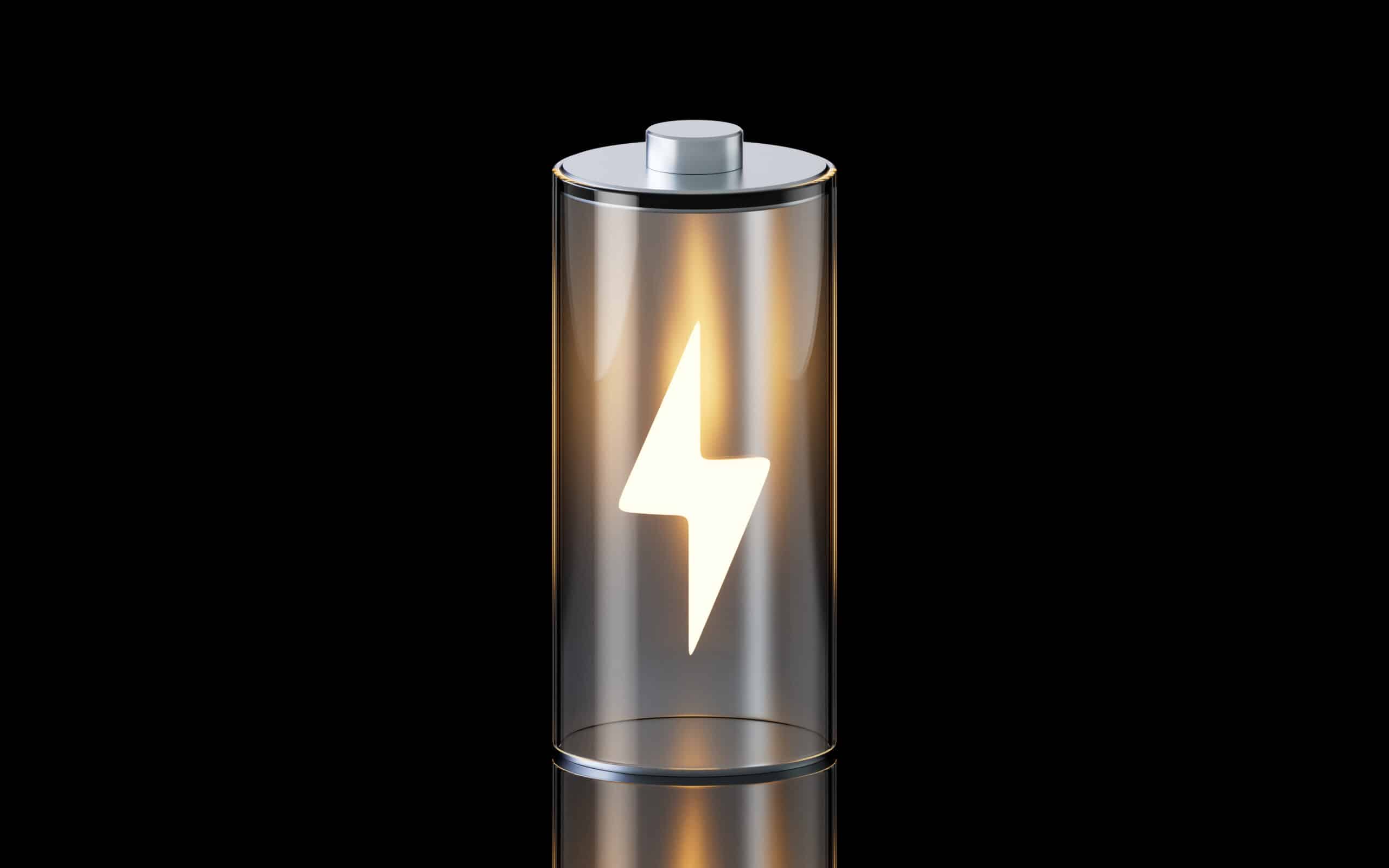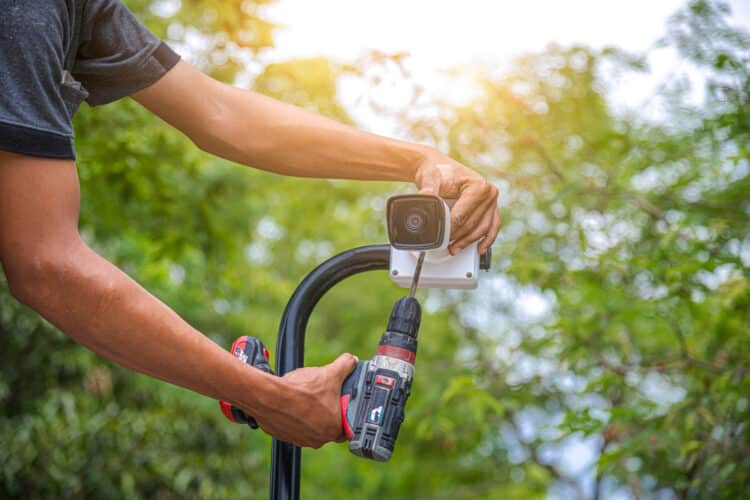Does charging to 80% extend battery life?
Key Takeaways
- Charging a battery to 80% capacity can potentially increase its overall lifespan and reduce battery wear.
- Several reputable sources support the theory that charging to 80% can extend battery life.
- Individual device models and battery technologies may vary, and there may not be a one-size-fits-all solution.
There has been much debate about the impact of charging your devices to a certain percentage on battery life. One popular theory is that charging your battery to only 80% can extend its overall lifespan. In this article, we will explore the evidence and opinions surrounding this topic to determine whether charging to 80% is indeed beneficial for battery longevity.
The Theory Behind Charging to 80%
The idea behind charging to 80% stems from the belief that lithium-ion batteries, commonly used in smartphones and laptops, experience the most wear and tear when charged to their full capacity. By limiting the charge to 80%, it is believed that the battery undergoes less stress, resulting in a longer lifespan.
Evidence Supporting Charging to 80%
Several reputable sources have offered support for the theory that charging to 80% can extend battery life:
- Wired states that keeping the battery’s charge between 20% and 80% puts the least amount of strain on the battery and extends the number of charge cycles it can withstand before degrading.
- Superuser confirms that charging to 80% can extend battery life.
- iFixit explains that charging a battery to 80% capacity can potentially increase its overall lifespan by up to four times.
- ZDNet cites Apple’s statement that a large proportion of battery wear occurs when charging from 80% to 100%, suggesting that limiting the charge to 80% can reduce battery wear and extend its lifespan.
- Popular Science mentions Battery University’s recommendation to only let a lithium-ion battery reach 50% before topping it up to extend its lifespan.
- Android Authority suggests charging your smartphone to around 80-90% state of charge to maximize battery longevity.
Contradictory Opinions
While the majority of the sources support the idea that charging to 80% can indeed extend battery life, it is important to note that not all experts agree. Some argue that modern devices are designed to handle full charges without significant negative effects on battery lifespan.
Forming an Opinion
Based on the available evidence, it is reasonable to conclude that charging a battery to 80% capacity can potentially increase its overall lifespan and reduce battery wear. However, it is important to consider that individual device models and battery technologies may vary, and there may not be a one-size-fits-all solution. Additionally, more long-term studies are needed to determine the full extent of the benefits and drawbacks.
Conclusion
While the debate continues, charging your devices to 80% can be a practical approach to potentially extend battery life. It is worth considering if you are concerned about optimizing battery longevity. However, it is always recommended to follow the manufacturer’s guidelines and consider factors such as convenience and daily usage habits when making decisions about charging your devices.
Related Websites:
- Wired – How to Improve Battery Life: Tips, Myths, and Smartphone
- Superuser – How does limiting a laptop battery’s full charge to less than 100% extend its battery life?
- iFixit – Why Charging Your Gadgets Over 80% Is Such a Bad Idea
- ZDNet – Why I limit my iPhone 15’s charge capacity to 80%, and you should too
- Popular Science – How to charge your batteries right
- Android Authority – How to maximize battery life: Tips for Android and iPhone
FAQs:
Q: Does charging to 80% extend battery life?
Charging power tool batteries to 80% can potentially extend their lifespan. By avoiding a full charge, the battery experiences less stress and degradation over time. Studies have shown that charging to 80% can help maintain battery health and improve its longevity.
Q: How does battery capacity affect power tool performance?
Battery capacity directly impacts power tool performance. A higher capacity battery can provide longer runtime and more power for demanding tasks. It is essential to choose a battery with sufficient capacity to ensure optimal tool performance.
Q: What factors influence power tool battery life?
Several factors can affect power tool battery life. Temperature plays a crucial role, as extreme heat or cold can reduce battery performance. Frequency of use and proper storage conditions also impact battery lifespan. It is important to follow recommended maintenance practices to maximize battery life.
Q: How can I balance battery longevity and tool performance?
Finding the right balance between battery longevity and tool performance is essential. To optimize battery lifespan, consider charging to 80% instead of a full charge. Additionally, using power-saving modes when available and avoiding high-demand applications can help extend battery life while still maintaining sufficient power for most tool usage.
Q: What are some general tips for extending power tool battery life?
To extend power tool battery life, avoid overcharging or deep discharging the battery. Use compatible chargers and batteries recommended by the manufacturer. Properly store batteries in a cool, dry place when not in use. Regularly clean the battery contacts and follow any specific guidelines provided by the manufacturer for optimal battery performance and longevity.





